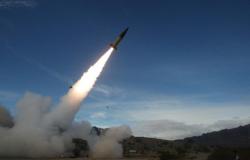Like sourdough in a pot that is too small, the Dutch economy is bursting at the seams. Where you see this: the shortage of personnel is exceptionally high. In the 60s and 70s we were also short of hands, but not nearly as many as now. Cause: the government is spending much more money, while the economy is already running at high speed. This creates extra activity that requires staff. At the same time, the government itself is also looking for personnel: in defense, asylum reception and education.
Don’t spend so much extra money again, economic advisors say to a new cabinet. Choose which problems you want to tackle first. Because due to the shortage of people, everything cannot be done at the same time: more homes and more homes for the elderly, strengthening the power grid and more defense. What also helps: tackling problems in a different way than with uncovered extra expenses. For example with standards and taxes. This slows down the economy and therefore reduces the shortage.
But what happens when a new cabinet not choose? If it ignores all advice and continues to throw money around? And thus continues to push the economy to its limits. Who then pays the price? That is an interesting thought exercise because a new cabinet actually hands over control to forces in society. Money will again remain stuck in the treasury, plans will fail due to a lack of personnel. Where will it work? You name it. It seems like a lottery.
Wage increases
First, wages will rise. More productive companies can afford them. Or companies will automate. This will depress activities for less productive or wealthy companies. This leads to a lower demand for personnel, and the shortage will automatically decrease somewhat. But, the Central Planning Bureau warns, this adjustment is slow. Collective labor agreements have been in place for years and employers are reluctant to pay increases.
Moreover, says the CPB, if you leave the outcome to market forces, larger shortages may arise in the collective sector. Better employment conditions at companies, for example, could lead to an outflow from healthcare. Possible consequence: longer waiting lists, according to the CPB. These are already available for general practitioners and psychological care.
Let’s think further. It could be that criminal behavior becomes more rewarding, or at least punished less often. That is already happening. The police regularly investigate criminal cases more superficially than officers want: too often robbers and drug criminals go free, it was noted. NRC from conversations with police officers. There are already too few prison guards to put all convicts in a cell.
Another example: the Tax Authorities rarely send bailiffs to entrepreneurs who do not pay their corona debt, it became apparent at the beginning of this year. The Court of Audit is concerned about the effect on tax morale, because what does it mean for the credibility of the government if a writ of execution is issued and then nothing happens?
At the judge
At the same time, it could well be that more cases end up in court. It is forced to enforce the limits that politics ignores, as is already happening with nitrogen emissions. Environmental organizations are asking courts to stop projects that emit a lot. There is a problem: the judiciary also suffers from shortages. For example, the Council of State decided to give priority to appeals in cases involving large housing construction projects. Otherwise, construction plans will be at a standstill for a long time, and the housing shortage is already so great.
In any case, environmental, climate and nature boundaries will be enforced more often by judges and by the European Union. This will not increase confidence in the problem-solving capacity of politicians. This is further reinforced by the fact that companies and citizens are indirectly trapped. For example, companies have to go green, while the power grid cannot handle all the desired new connections. Citizens must switch to an electric car, but are not allowed to charge it in the evening because the grid cannot handle it. Annoyance, dissatisfaction.
You can easily imagine a Netherlands in which the division between rich and poor becomes sharper. Anyone who has money can buy their way out of problems, such as the teacher shortage at school. He teaches his children with purchased tutoring. The very rich can even buy a house for their adult children. And if the waiting lists in healthcare become too long, people with money can go abroad. The rest are left with the problems: poor education, a dire shortage of houses, long waits for care.
Increasing tensions
“The Netherlands is in such good shape economically and financially,” says professor Arnoud Boot, “that we can make a mess of it for ten, fifteen years. And we still perform better than many other European countries. But social, economic and spatial tensions will increase and ultimately you will throw away a bright future.”
A third of fifteen-year-olds are already at risk of leaving education with low literacy, a handicap for a knowledge economy. “If a new cabinet does not choose priorities, it will keep existing companies out of the wind.” They have a better chance of winning the battle for space and personnel. “This is how you hold back innovation. New companies don’t get a chance, existing ones have less reason to innovate.”
In short, not choosing has major consequences. Also for confidence in politics. He cannot fulfill all promises. Or will The Hague blame judges and the EU for the problems: what are they involved in? The bill lands in all kinds of places in society. And that eats away at the foundation we now stand on.
Marike Stellinga ([email protected]) is editor of NRC and looks at developments in politics and society through an economic lens.
To share
Email the editor






